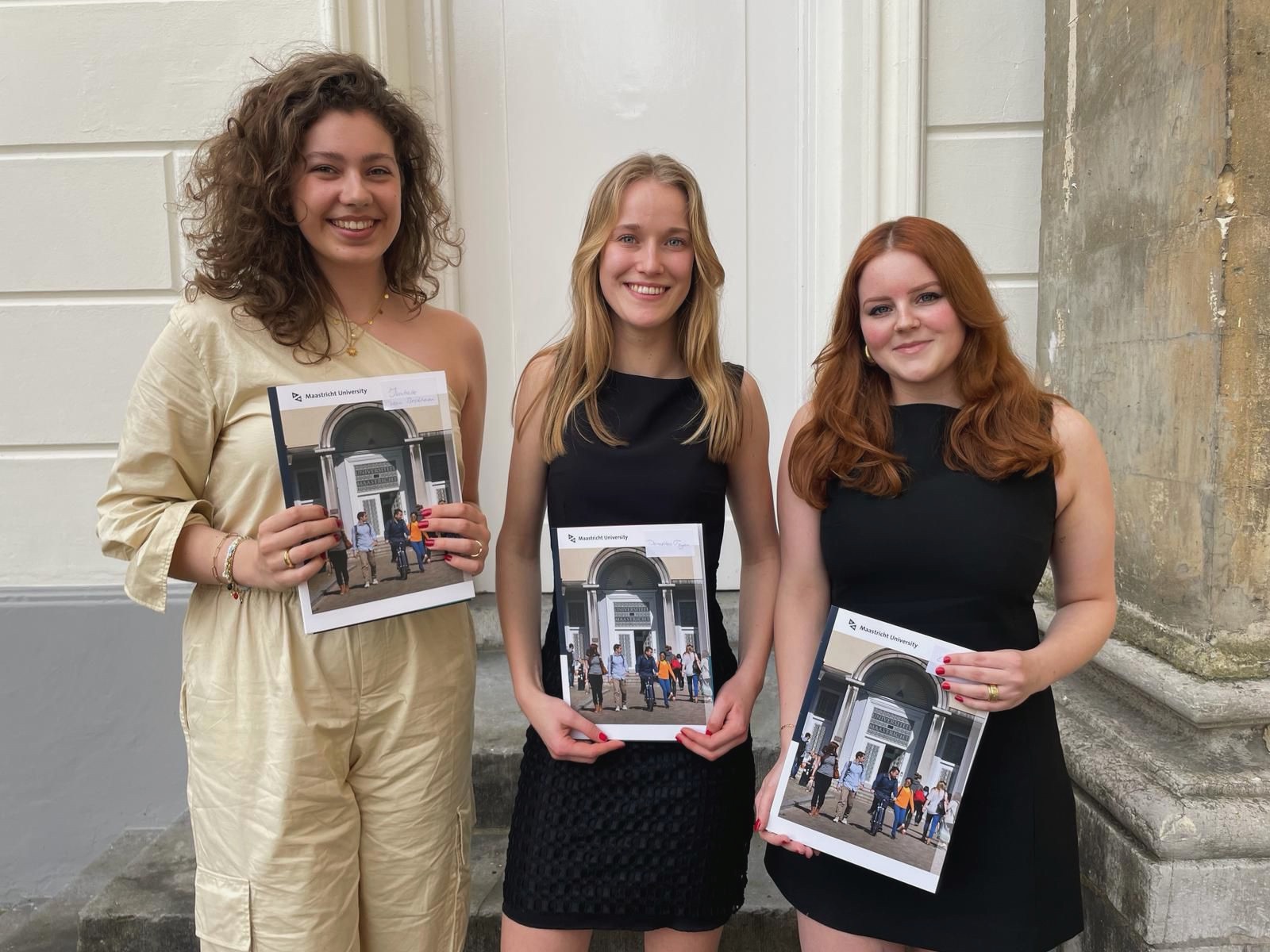Nobel Prize-winning microscope in Maastricht
The 2014 Nobel Prize in Chemistry was recently awarded to (among others) the discoverer and developer of the STED microscope, Stefan Hell from Heidelberg. And Maastricht University has one of the two modern STED microscopes in the Netherlands.
Contact for more information about the STED: h.kuijpers@maastrichtuniversity.nl.
Stimulated Emission Depletion (STED) makes it possible to view details of 50 nanometres in living and fixed cells. One millimetre is equal to one million nanometres. For centuries, it was considered impossible to see details smaller than 250 nanometres with an optical microscope. By making the invisible visible in 2000, Stefan Hell achieved great progress for cell biology and chemistry.
The STED microscope in Maastricht is in the nanoscopy laboratory, under the supervision of Marc van Zandvoort, and was acquired with the joint efforts of Maastricht University/MUMC+, DSM and the Province of Limburg. These organisations work together to purchase this kind of expensive equipment within the platform Enabling Technologies. This platform provides unique open access to the STED (and other advanced microscopy equipment) for those in the Benelux, including not only researchers at the Maastricht Health Campus, but also third parties (e.g. SMEs) who can make use of this technology at attractive rates.
“The Brightlands region is also at the forefront of imaging in the Netherlands and the Euregion in the area of optical microscopy”, says Zandvoort. He is the driving force behind advanced optical microscopy in Maastricht and is highly motivated to use his passion, expertise, and knowledge to embed the whole platform further in the world of research. “This role will also be seen in Europe. The umbrella organisation for scientific imaging infrastructures considered our site as top of the line at the end of 2013.”
Also read
-
The Honours programme is an extracurricular activity for bachelor’s students in year 2 and 3 to showcase their academic skills and teamwork in a real-life project. We talked to Emma van Straten, a Health Sciences student and Honours alumna who organised an international conference on Lama2 in...
-
It has come to the attention of Maastricht University’s Executive Board and Management Team via an anonymous email that six of the protesters who have been allowed to stay in the garden of the Faculty of Arts and Social Sciences (FASoS) have embarked on a hunger strike as of today until their...
-
Maastricht University has decided that some of the protesters at the Faculty of Arts and Social Sciences (FASoS) may remain present at night for the time being in the role of ‘observers’. The condition is that the protests remain non-violent and the agreements made by UM and the activists are kept.
T...

